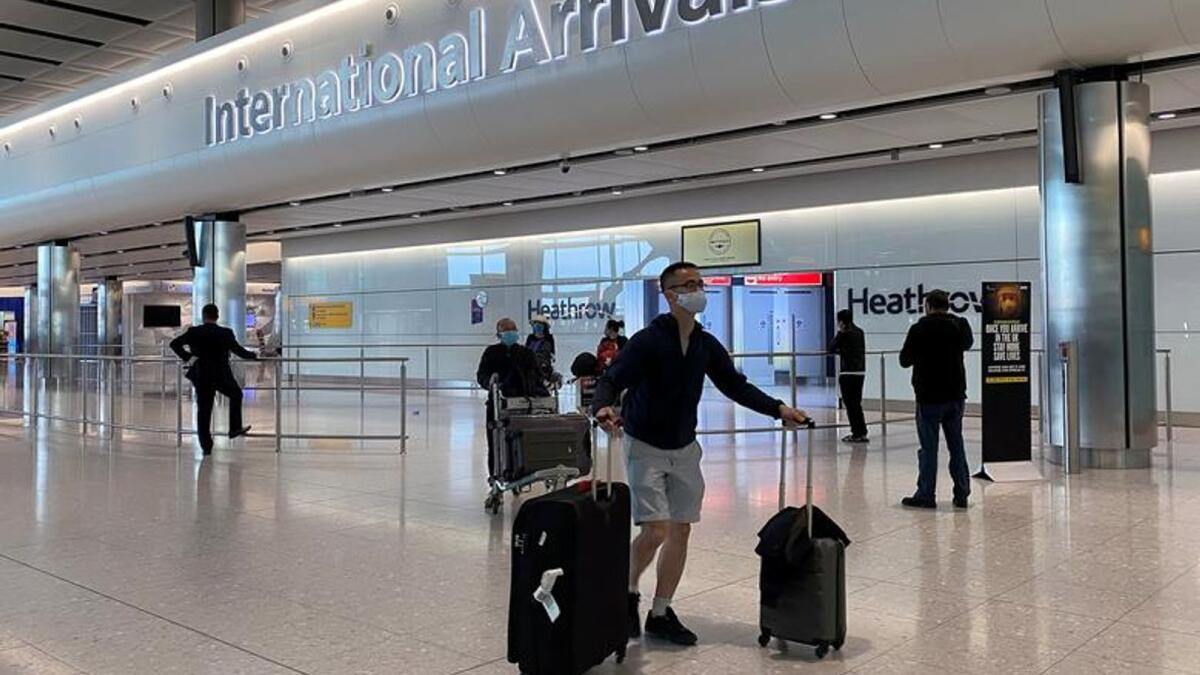
Air travel could soon become more expensive, and consumers will have to absorb some of the rising costs, experts said at a conference in Dubai on Monday. With the aviation sector shifting focus to Sustainable Aviation Fuel (SAF) and aiming for net zero by 2050, travellers will bear the brunt and see a price hike.
“The transition to net zero will require customers to pay,” said Willie Walsh, Director General of IATA. “Fuel is our single biggest cost. Sustainable Aviation Fuel will cost at least three times more than regular fuel. We are doing everything possible as an industry to keep our prices down, but ultimately, the costs will have to be recovered.”
Stay up to date with the latest news. Follow KT on WhatsApp Channels.
He added that it was “unrealistic” to expect airlines to continue absorbing “all” the costs. “It is not something we like to do but it is something we have to do in order to have a sustainable financial model,” he said.
Walshe was speaking at the three-day International Air Transport Association (IATA) conference underway in Dubai.
However, Sir Tim Clark, President of Emirates, seemed more optimistic about the transition. He said that although prices may rise in the short term, it would fall eventually. “It is the beginning of a long journey to SAF and decarbonisation. The trick in all of this is to get to the levels that you want to and which allow you to get more investment. Eventually, when you scale, the price will fall.”
He also said that there is a chance that airlines could absorb “some, if not all” of the costs.
On Sunday, IATA announced that its projection to triple the production of SAF this year to 1.9 billion litres are on track. Close to 140 renewable fuel projects with the capability to produce SAF have been announced to be in production by 2030.
Through the International Civil Aviation Organization (ICAO), governments set an ambition to achieve a 5% reduction in carbon emissions for international aviation by 2030. Currently, the SAF production equals to just 0.5% of fuel needs of the world’s airlines.
“Wafer-thin profits”
Earlier in the day, Walsh released IATA’s annual report, which predicted that the industry would see the highest revenues it had ever seen. Walsh called it a “major achievement” after the pandemic.
“For 2024, we expect record revenues of almost $1 trillion,” he said. “However, expenses will also be at a record high of $936 billion. Net profit will be $30.5 billion. That’s not a record, unfortunately, and represents a net margin of just over 3%. But considering where we were just a few years ago, it is a major achievement.”
The airline industry’s highest net margin has ever achieved is 5% in 2015 and 2017.
He broke this number down further, saying that this translates into a profit of approximately Dh22.55 per passenger. “I don’t begrudge their profits,” he said. “But Governments who love to look to our industry for new tax revenues need to understand that our margins are wafer-thin, and we rarely earn our cost of capital.”
However, he emphasised that the industry deserves to “celebrate”. “we deserve to celebrate the hard work that has brought our industry back from the brink while acknowledging that we remain squeezed between a fiercely competitive environment downstream and the oligopolistic upstream supply chain’s lack of competition,” he said.
ALSO READ:


